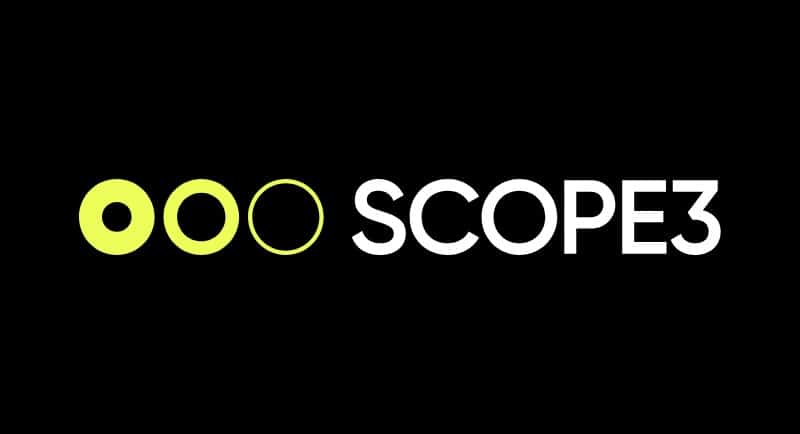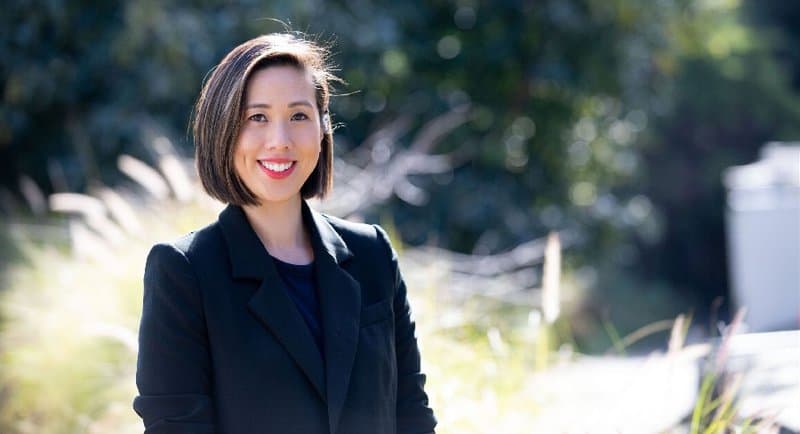Scope3 announced its expansion into Australia and the broader region last year.
Scope3 is a public benefit company (PBC) established to build a model that predicts and understands the emissions of every single part of the advertising supply chain.
The company is trusted as the source of truth for emissions measurement, reporting compensation and reduction by organisations in every segment of the media and advertising industry.
June Cheung was appointed head of JAPAC to lead its regional expansion and strategic partnerships in October.
Cheung spoke to Mediaweek at the IAB’s MeasureUp conference about leading Scope3, the key to getting the industry on board with carbon footprint measurement and what she hopes to achieve in the role.
Cheung on leading Scope3 in the industry and JAPAC market
As head of JAPAC, Cheung noted that there are many aspects to her role, such as leading the company’s commercial side and growing the business in Australia, as well as Japan, Singapore, India, and Korea, which are also leaning into the sustainability conversation.
“I think 2022 was a real catalyst for the globe to really take serious note of sustainability and how it impacts the digital advertising ecosystem,” she added.
Cheung said that part of her role is also to evangelise and educate. She explained: “One of the key values of Scope3 is about learning and teaching. We are constantly learning.”
Scope3’s vision of taking action
Cheung shared that as part of the IAB panel session, she was part of, it was noted among her co-panellists that: “there is no perfect solution, but the most important thing is to start doing something and take action.”
Cheung was part of the IAB’s discussion – The path to decarbonising advertising: measuring our carbon footprint – and shared that the key point she hoped attendees took from the conversation was to start measuring carbon emissions today.
“When you think about climate change and think of carbon, you think of cars, you think of energy companies. You don’t really think about the digital advertising ecosystem.”
Cheung said that the industry’s footprint is 2% of global emissions, which she noted was equivalent to the aviation industry.
“We’re very much aware of our carbon footprint when flying. But for us sitting in the room, we need to be aware that digital advertising also has a huge impact.”
Cheung explained that a typical ad impression touches 100 different ad servers and components – the mechanics of programmatic, verification providers, or cookie audience syncing – are data and energy that all happen within a data centre.
“We don’t really see data centres and our day-to-day, but they are energy-consuming machines. They’re large computers, and they run constantly, there are lots of redundancies that happen in the background, and they require a lot of energy to keep them cool. That’s actually where a lot of carbon happens within an ecosystem,” she said.
Cheung noted that Scope3’s responsibility is to let people know that there is a footprint to digital advertising. But most importantly, action can be taken to drive reduction.

The key to getting the industry on board
With Scope3 relatively new to the market, Cheung said that the key to getting the industry on board with getting their carbon footprint measured is collaboration. She noted there are two sides to it – agencies and brands and publishers.
Cheung explained that publishers control and decide how an ad tech stack is used, while agencies and brands have the buying power to influence the market.
Cheung noted that it is an opportunity for publishers, FMCG brands, supermarkets, big telcos and the like to jump on the bandwagon that can make them more money, as well as be positive and purposeful in reducing carbon, improving efficiency and gaining market share.
Cheung said that some publishers are nervous about the idea that their company may be labelled a big emitter or how they would compare to their competitors.
“Really, we’re all working together to understand where we sit as a benchmark and then driving reduction from there,” she added.
From a brand and agency perspective, Cheung said that more CEOs are asking questions about the carbon footprint of their business and supply chain. She added it impacts what investors are looking at and consumers evaluating the sustainability of a business based on its operation and marketing practices.
Cheung also noted that employees are interested in where they work and their company’s purpose. “Employees care and want to work for a purposeful company. So, it’s important for them to be part of it,” she said.
“People feel proud to work for businesses that have really driven positive change and take action about it,” she added.
Cheung on Scope3’s year ahead
Looking ahead, Cheung shared that she hopes, as a baseline, everyone measures carbon as a key metric in their campaign.
“From there, there’ll be key brands that say the value in investing in measuring but also driving reduction,” she said.
Cheung noted that she hopes to share case studies and examples showing the effectiveness of measuring profit for businesses and the planet.
–
Top image: June Cheung
